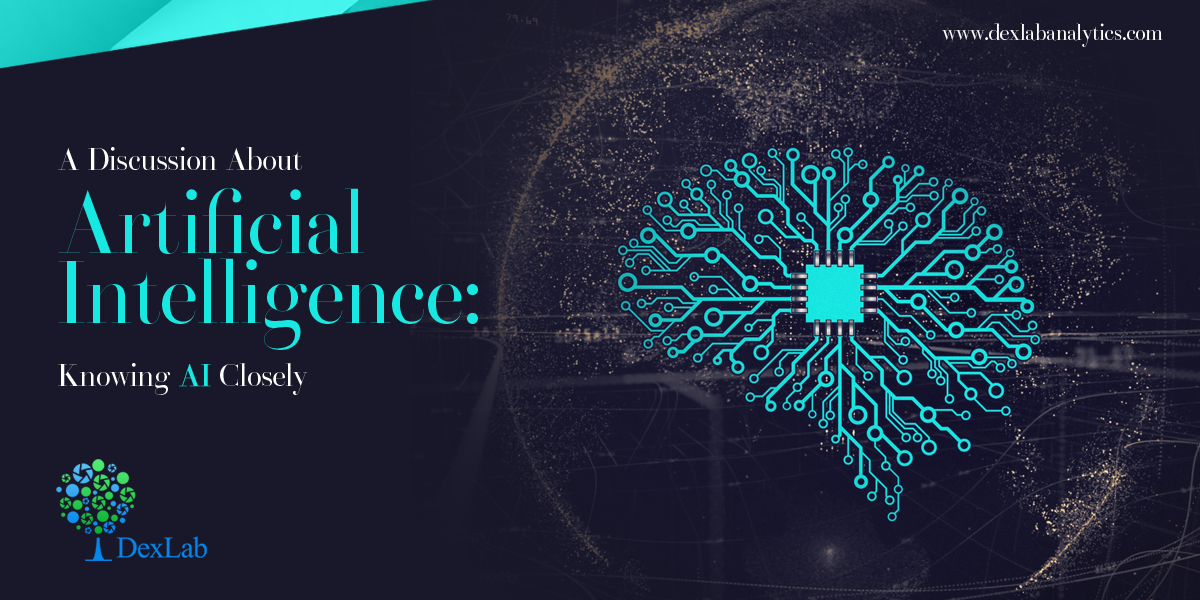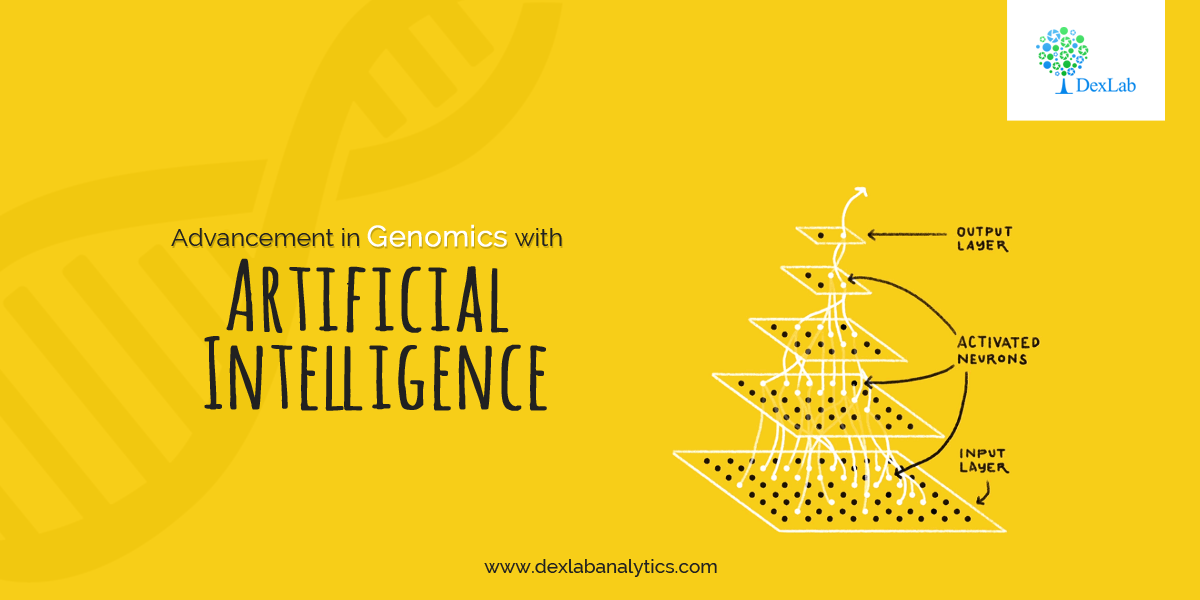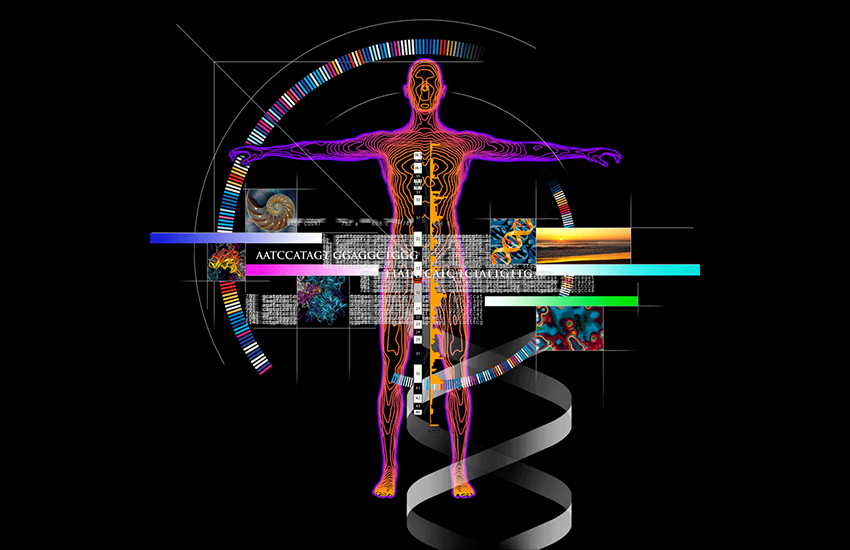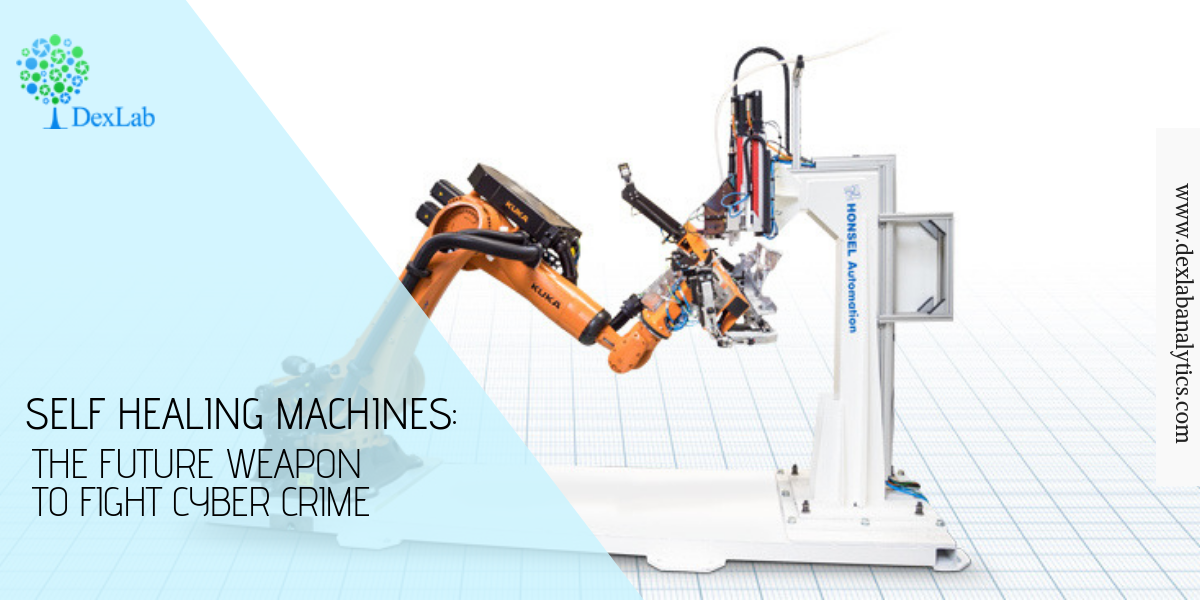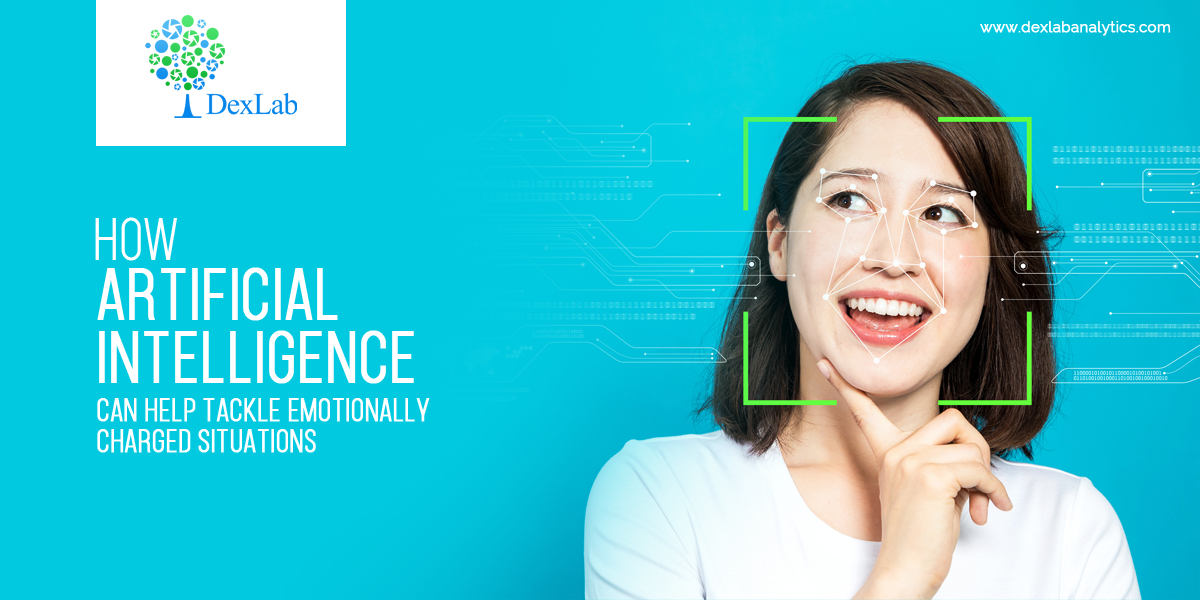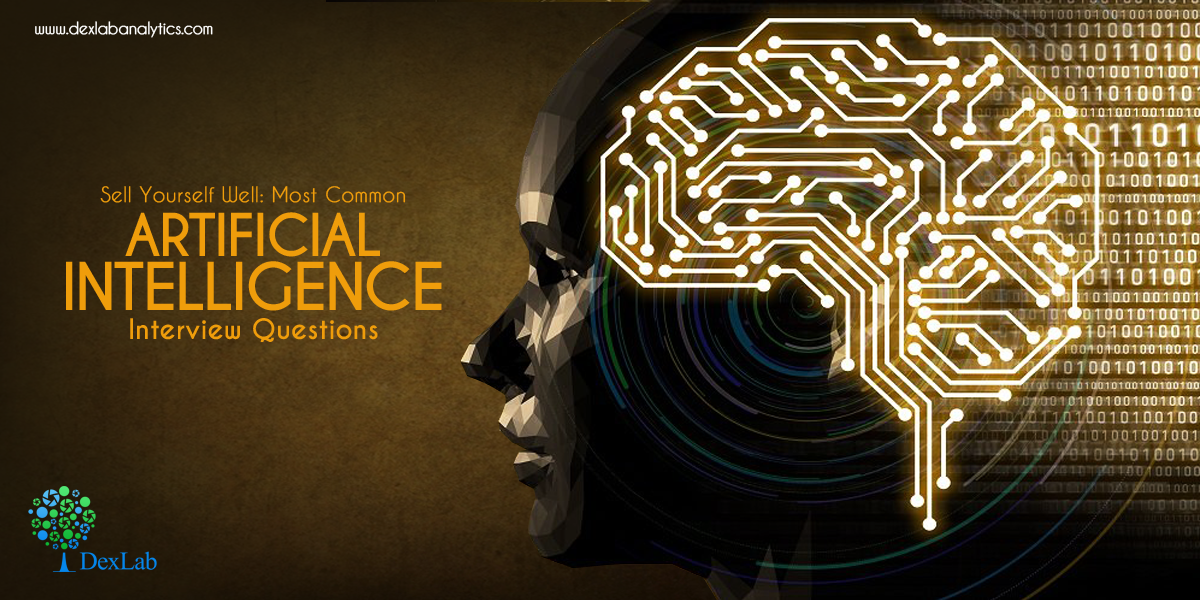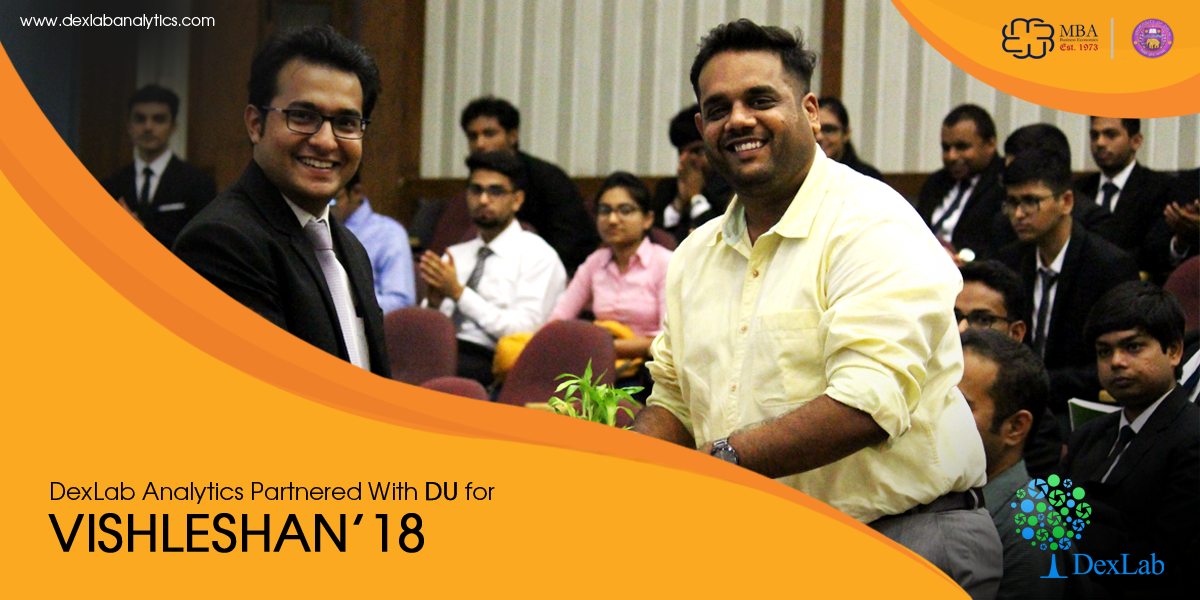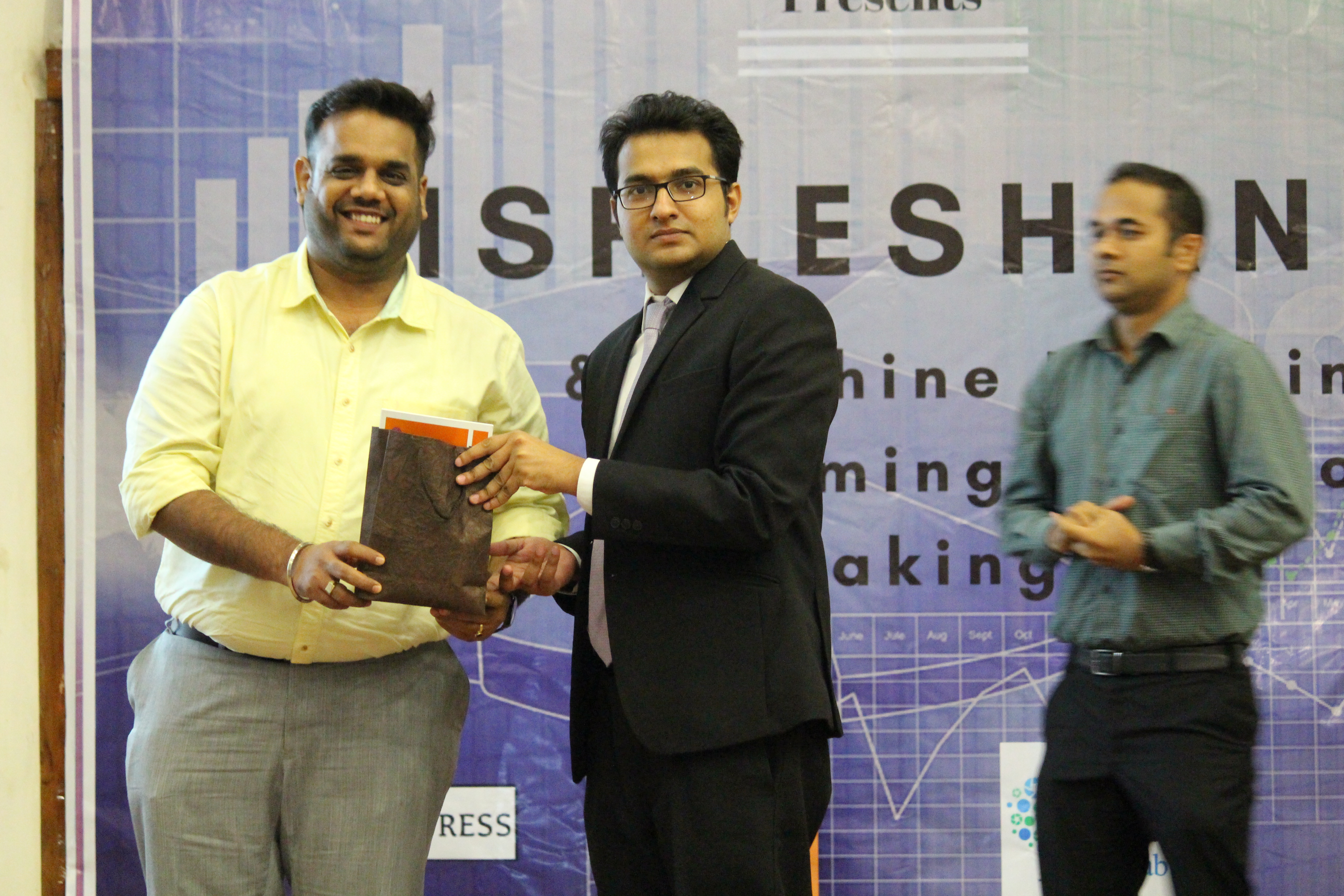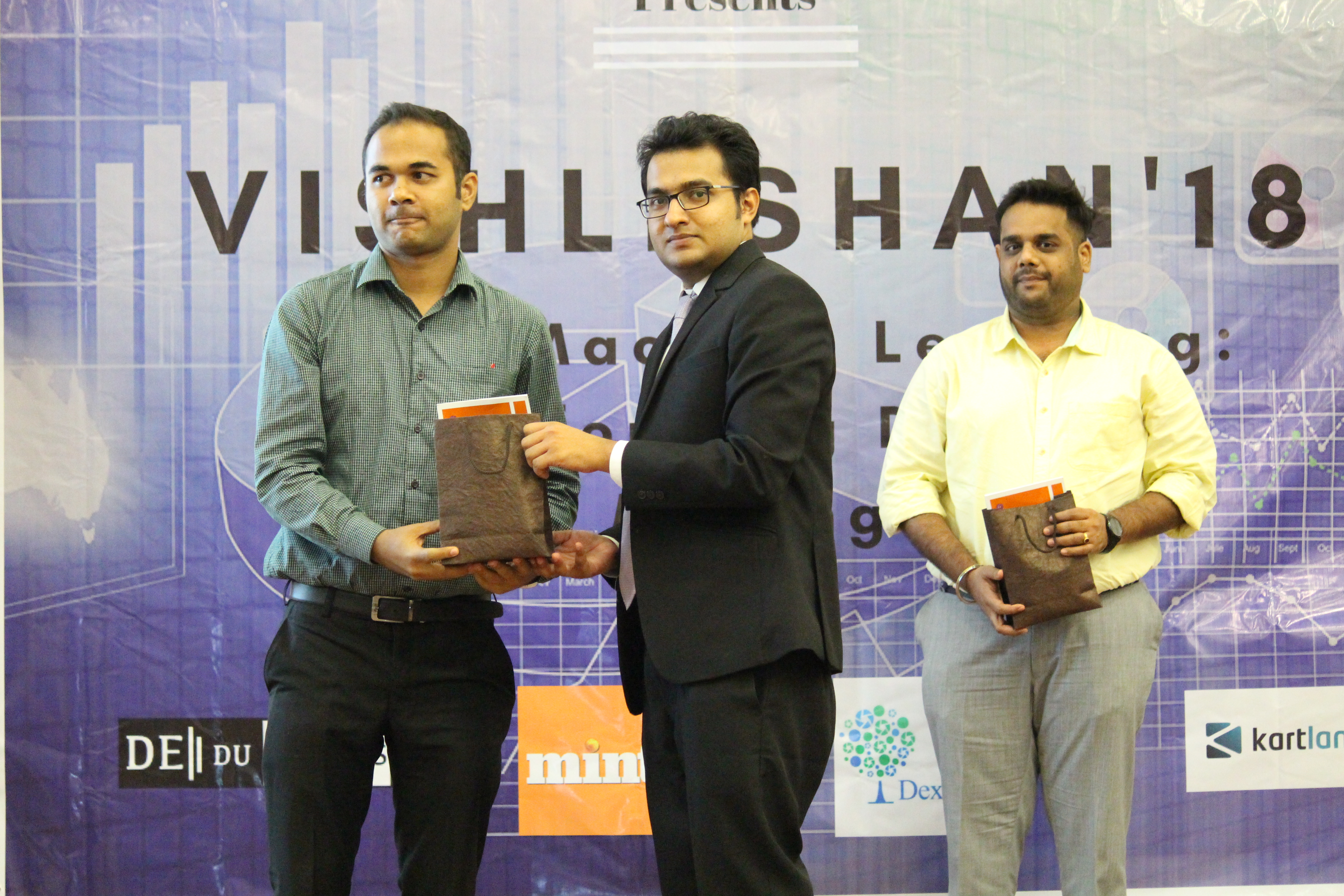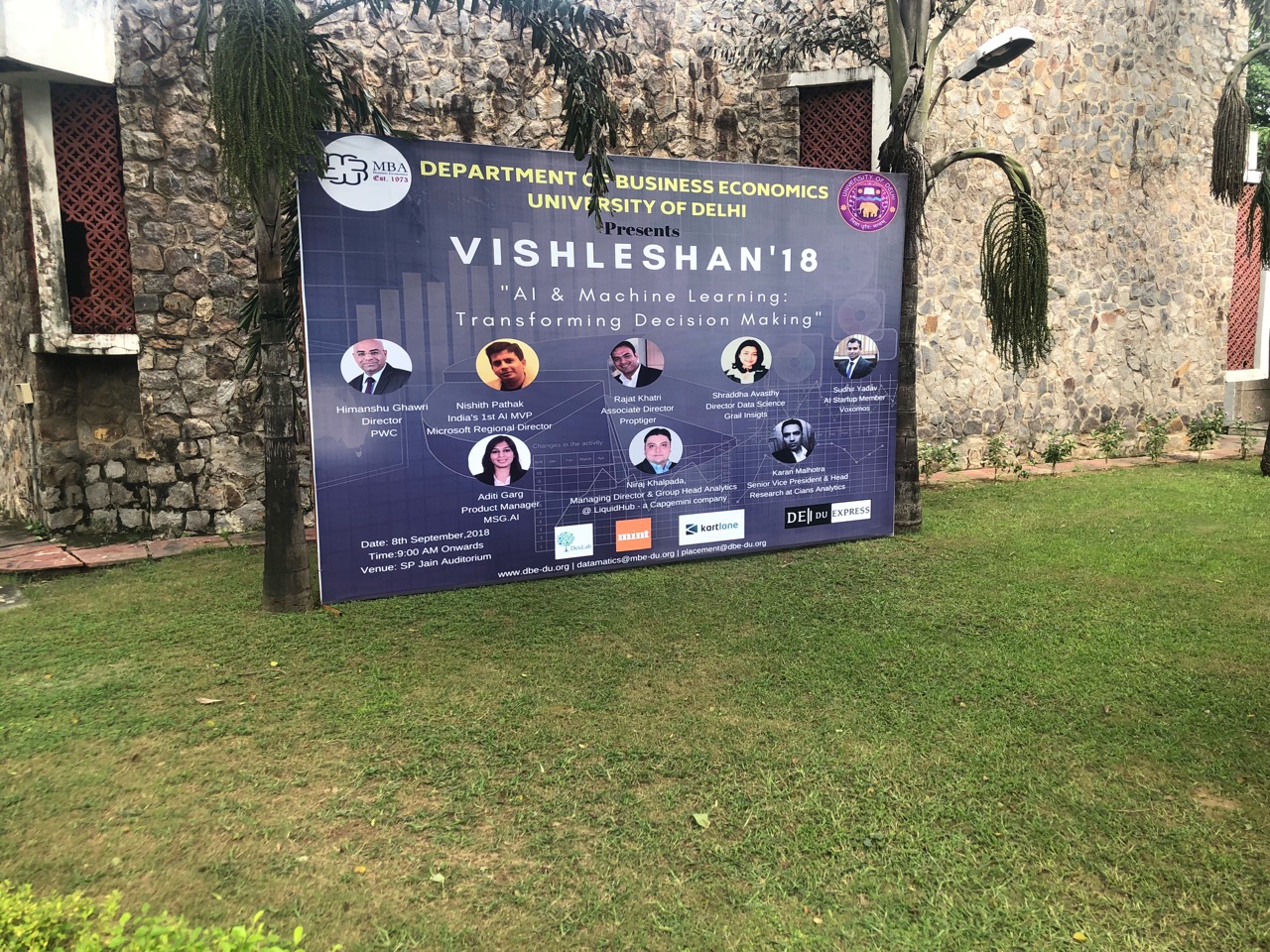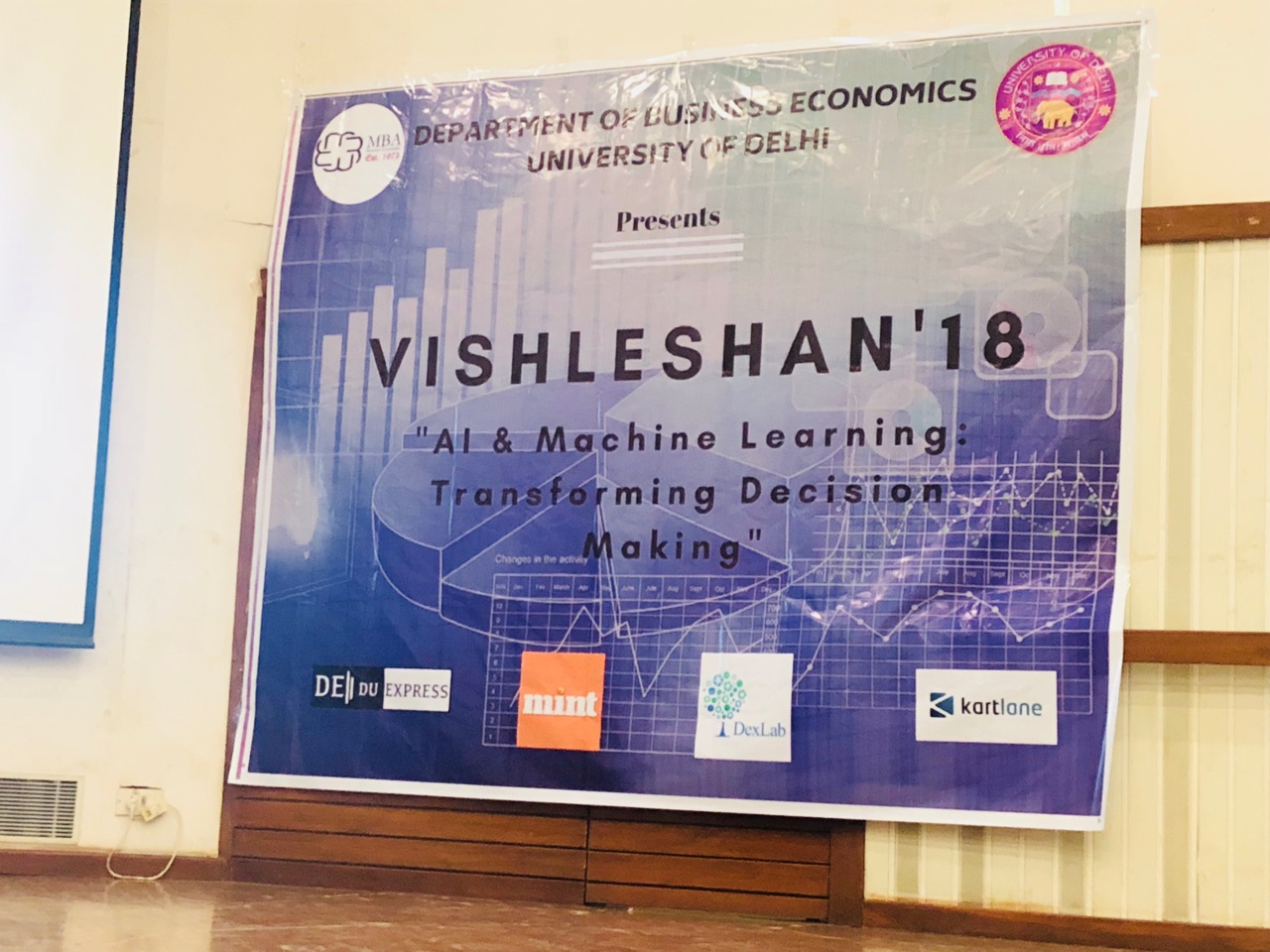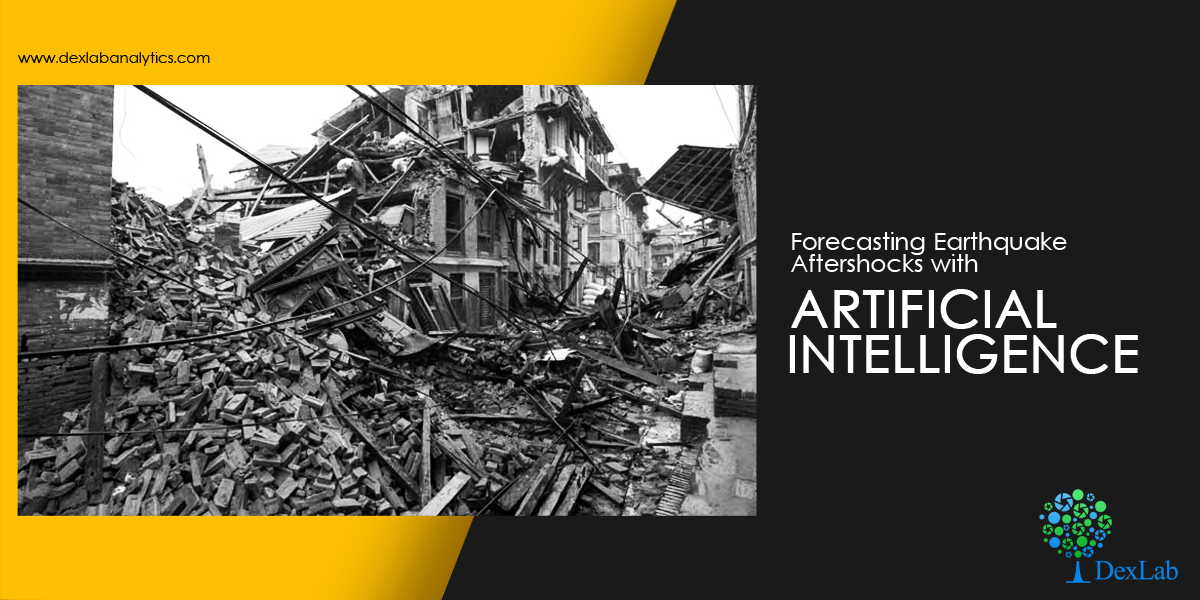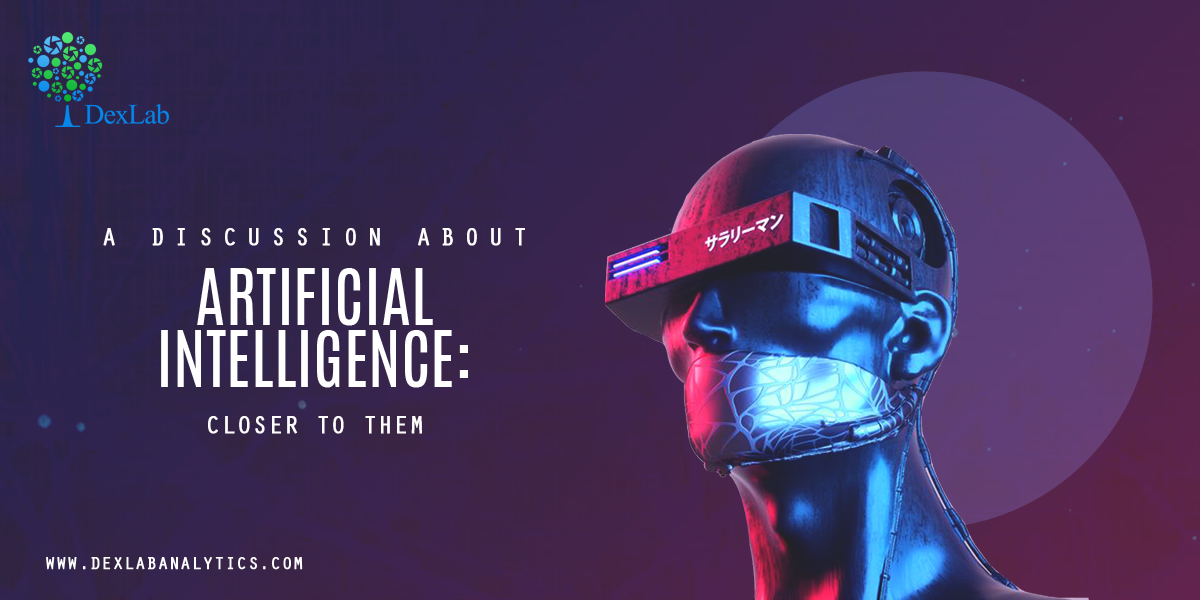
No need to introduce Artificial Intelligence nowadays, with the massive popularity that is shooting it forwards. Moreover, with the rigorous research and development from the technical giants and the best minds of the era at work on it, AI is progressing like never before.
Being the most mentioned technology in the present time, Artificial Intelligence, as we have checked it in the post A Discussion About Artificial Intelligence: Knowing AI Closely, has also surpassed both data and analytics, which are next in the race to emerge as the ultimate game-changer.
Knowing AI
“AI is the science and engineering of making intelligent machines, especially intelligent computer programs” to quote the words of Alan Turing. But since the days the Turing, AI has come an inexplicably long and hard way to be known as what it is.
AI is the technology which will eventually be experienced as computers with brains. Artificial Intelligence is dreamed to be equipped with human-like intelligence, behavioural patterns similar to humans and with the ability to exude emotional responses just like we do.
We spotted a significant development when IBM hosted the first human-AI debate through its Project Debater in the last post and also named the three kinds of AI. Here we will know them in details.
Though AI is just taking its baby steps and would be subjected under countless shaping and reshaping, it is presently of 3 types, the classification of which is on the basis of the tasks they perform.
Artificial Narrow Intelligence (ANI)
Siri, Cortana, Alexa, Google Assistant, Google Translate and everything that surrounds us in our daily lives are grouped as ANI. This is perhaps the only kind of Artificial Intelligence that is successful and in perfect harmony with us in our digital world.
These AIs are primarily machine intelligence using Natural Language Processing (NLP). If you are interested in them, go for the peerless Natural Language Processing Course in Gurgaon right away.
Artificial General Intelligence (AGI)
This type of AI is still not in existence. The Artificial General Intelligence are the AIs which will be almost as capable as humans in all the possible tasks. For this to be materialised, the human brain should be mapped correctly into an AI, which couldn’t be figured out till now. This is because we have not yet been successful in comprehending our brain and its actions completely.
However, when this concept is realised and brought into existence, we should simply accept it straight away.
Artificial Super Intelligence
This concept is still a possibility in the remote future. This is assumed to be in a time when the AIs would be more capable than their human creators. Everything including the comprehension of the human expressions, emotions, dreams and the cognition of them, should then be a child’s play for the AIs of this kind.
This may also construe that the ASI would be excelling us even in the circumstances that we fail, or are too fickle or fragile to handle. Spine-chilling isn’t it?
To read blogs like these and more, visit Dexlab Analytics.
Interested in a career in Data Analyst?
To learn more about Data Analyst with Advanced excel course – Enrol Now.
To learn more about Data Analyst with R Course – Enrol Now.
To learn more about Big Data Course – Enrol Now.To learn more about Machine Learning Using Python and Spark – Enrol Now.
To learn more about Data Analyst with SAS Course – Enrol Now.
To learn more about Data Analyst with Apache Spark Course – Enrol Now.
To learn more about Data Analyst with Market Risk Analytics and Modelling Course – Enrol Now.


